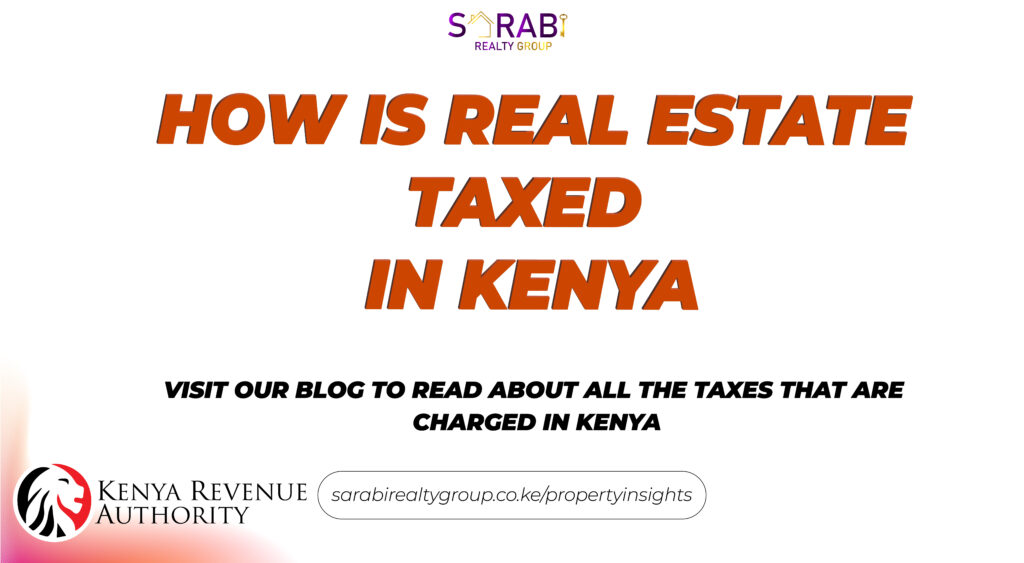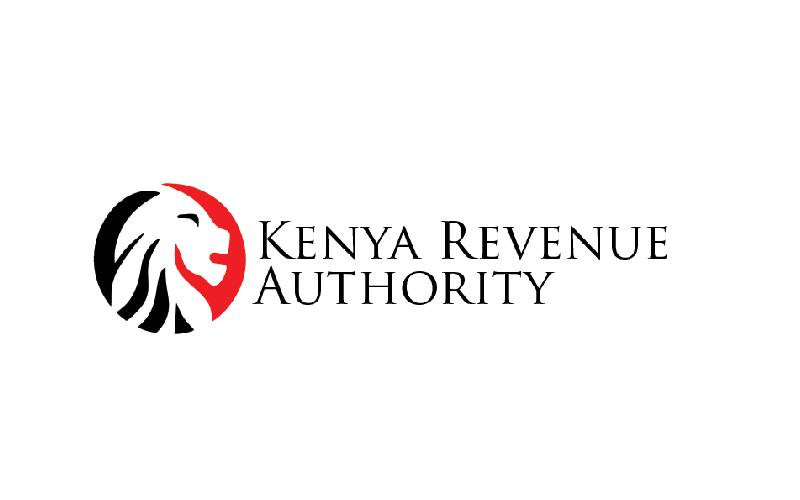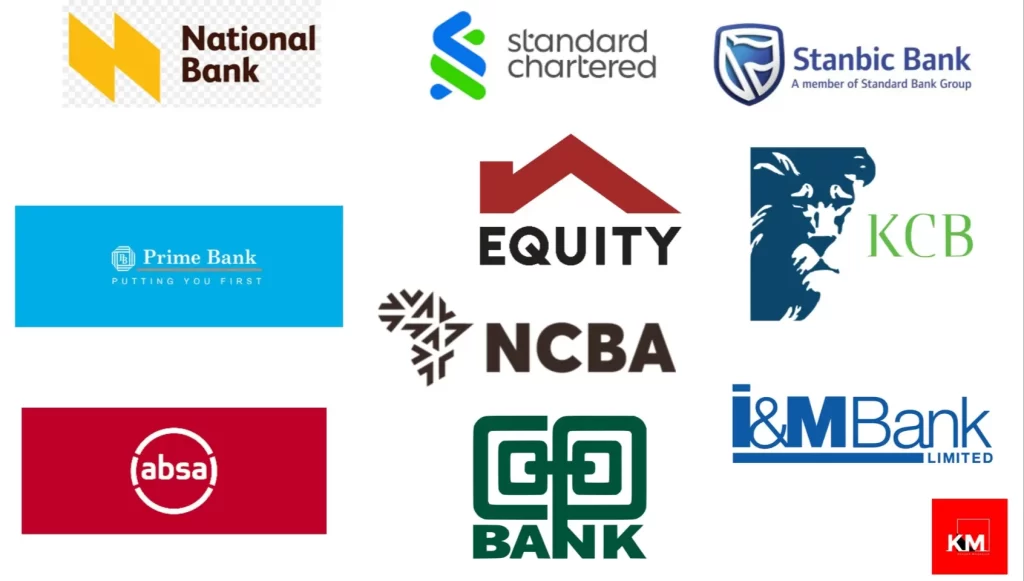HOW CAN A FOREIGNER OWN PROPERTY IN NAIROBI KENYA

Nairobi, the vibrant capital city of Kenya, has become an increasingly attractive destination for real estate investment. Have you ever wondered how a foreigner can own property in Kenya? This article explains in-depth how you can own property in Kenya. The city’s booming economy, coupled with its diverse cultural offerings and stunning landscapes, has piqued the interest of foreigners looking to invest in property. However, navigating the legal and procedural aspects of property ownership as a foreigner can be a complex task. In this blog post, we’ll explore the key steps and considerations for foreigners interested in owning an apartment in Nairobi.
Understanding The Legal Framework
Before delving into the property market, it’s crucial for foreigners to understand the legal framework governing property ownership in Kenya. Owning property in Kenya as a foreigner isn’t a wild adventure through a legal jungle. The process is surprisingly straightforward. The law allows non-Kenyans to buy, convey, and own property in Kenya. Foreigners are not allowed to own freehold immovable property. But they can buy on leasehold subject to certain restrictions under the Land Act. The leasehold is for a period not exceeding ninety-nine (99) years.

Documentation Required for foreign Property Acquisition
The documentation required here can be intensive depending on the status of the foreigner and includes:
- Valid Passport or other verifiable national identification as proof of identity.
- Kenya Revenue Authority (KRA) Personal Identification Number (PIN), necessary for Tax obligations
- Alien Identification Card (Alien ID), as part of the immigration status verification process.
- Clearance Certificate or Consent from the Ministry of Lands and Physical Planning.
- For leasehold properties, a copy of the existing lease and a sale agreement.

Obligatory Possession of an Alien ID
Mandatory for all non-citizen transactions within Kenya as it complements the Foreigner’s passport. Necessary to acquire a KRA PIN, which is essential for registration processes in property Transactions.
Freehold Ownership by a Foreign-Owned Public Company with Kenyan Shareholders
It is not permitted by the Kenyan Constitution and land laws which restrict freehold land ownership to Kenyan Citizens. The presence of Kenyan shareholders in a foreign-owned company does not change the Legal status with regard to land ownership. The company could instead acquire a leasehold interest for up to 99 years which is in line with statutory provisions for foreigners. In Kenya, particularly in bustling areas like Kilimani, Kileleshwa, Lavington, Westlands and Mombasa Road, the real estate market offers a myriad of opportunities for those looking to achieve their property goals.

Procedure for a Foreigner Purchasing an Apartment
- Locate the desired apartment and perform due diligence, confirming the legitimacy of the title and that all property rates are up-to-date.
- Engage a property lawyer to carry out a title search and prepare a sale agreement upon satisfaction of the property’s legal status.
- Payment of a deposit as per the agreement, and lodging of the necessary documents with the Lands Office for the payment of stamp duty.
- Upon completion of payments, transfer of property documents are executed, and the lawyer files them with the Lands Registry for the change of ownership.
- The procedure culminates with the issuance of a new title deed or certificate of lease to the new apartment owner.
Favorable Banking Institutions for Financing
- Local branches of international banks such as Standard Chartered Bank and Barclays Bank (now Absa), for their experience in catering to foreign clients and familiarity with international banking practices.
- Equity Bank and KCB Group are homegrown Kenyan banks known to have tailored products for foreign investors and a track record of facilitating mortgage financing.
- It is advisable to engage financial advisors or banking institutions early in the property acquisition process to obtain clear guidance on financing options available to foreign nationals.

Establishing a Company or Body Corporate for Freehold Property Ownership
Many non-citizens have explored the option of forming companies or body corporates to hold freehold property in Kenya. However, according to the Constitution, a body corporate can only be considered a citizen if it is wholly owned by one or more citizens. Therefore, for a company to own freehold property, it must be entirely owned by Kenyan citizens.
Ownership of Freehold Property Under Trusts
Similarly, the Constitution prohibits non-citizens from owning freehold property under a trust arrangement. It stipulates that any property held in trust will be considered as being held by a citizen only if all the beneficial interests of the trust are held by Kenyan citizens.

Acquisition of Agricultural Land by Non-Citizens
The Land Control Act dictates that the Land Control Board must refuse consent for the transfer of agricultural land to non-citizens. However, exceptions exist, such as when the land is initially granted by the government or when a presidential exemption is obtained. Additionally, agricultural land can be owned by public companies, even if some shareholders are foreigners. Private companies, on the other hand, must have all Kenyan citizens as stakeholders to own agricultural land.
Investment in Land for Commercial Purposes
Non-citizens are allowed to invest in land in Kenya for commercial purposes, such as revenue generation or income generation. However, it’s important to note that this investment should be solely for commercial purposes and not for personal rental income.

Extending Leasehold Tenure for Foreign Individuals
Our laws permit the extension of leasehold tenure subject to approval by the Land Control Board. It’s essential to engage in negotiations aimed at securing new lease tenure, which can extend up to the maximum period allowed by law. Such practices are commonplace in metropolitan regions like Nairobi. We can guide you through this process. Examples include successful lease extensions in urban areas like Nairobi, where the process involves negotiating new lease terms, which could potentially extend beyond the standard 99 years.

Are Lavington apartments really worth the investment, considering the current market trends and future potential for rental income?
Yes it is, there is a strong demand from professionals and expats, and long-term growth thanks to its prime location and low-density appeal. Great for stable returns and future appreciation.